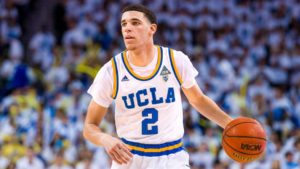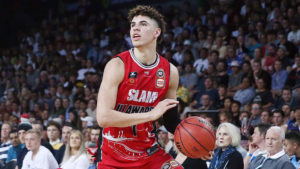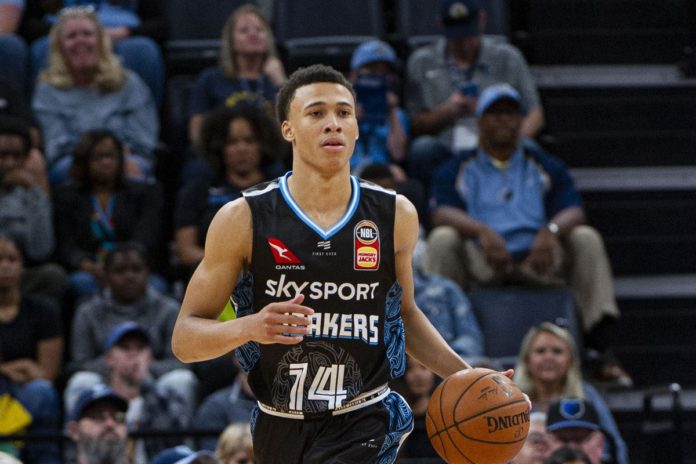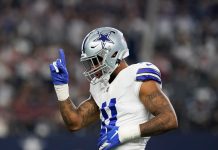The traditional path of most NBA players is to get recruited after a very successful high school and college career. There, they’ll continue their basketball career. Depending on their skills and development, they may be good enough to advance to the next level. After playing in college, an NBA team or affiliate might sign a player. Then they’ll be able to work to make a living off of playing basketball. There are other professional teams that they could play for, often overseas. However, the NBA is the biggest and most well-known league. It is the dream for most basketball players.
But that path is only for the best of an already impressive pool of college players. According to the NCAA, 1.2% of men’s basketball players make it to a ‘Major Pro League’ (e.g. The NBA), while 21% make it as a professional basketball player in some league. Not the best odds.

Of course, many college players are on scholarship. Even if they can’t become a professional, they still have accessible education, most often discounted or free. Available, at least, if they’re healthy. It’s a possibility a player could be injured and get their scholarship pulled or lose it for other reasons. It’s a reality that some of the college athletes need money to support their family. For some, athletics is the best way for them to do that. These athletes might need a year or two of exposure to get drafted, but don’t have a year or two of financial resources at their disposal. This puts athletes in difficult positions. Many outsides sources likely offer illegal money or resources that players need, but are against the NCAA’s bylaws. This is the reality for many players.
The Alternate Route
The NCAA doesn’t pay its players. Currently, they’re working on a system in which they can, which will be mentioned in another article. But in this one, I’m going to talk about a way where the players can receive payment for their work and get exposure, and still have a good chance to play at the highest level. This way is going pro instead of going to college. I’m not saying go straight to the NBA, but enter the NBA G-League, or the Euro League, or the NBL in Australia.
The Logic
If education isn’t one’s primary priority coming out of high school, and if family matters and personal preference don’t hinder one from traveling to a faraway league, it makes a lot of sense to choose this route. First off, you’re getting paid to play and grow with a team full of professionals. Not that development doesn’t happen in college ball, but the level of competition overall is lower and if you get injured and can’t play basketball anymore, you might not have anything to show for it as most scholarships aren’t guaranteed for 4 years. At least this way, you’ll have a paycheck, potentially for a large amount, that can help one out to bounce back after something like that.

This won’t work for every player, however. It’s the stars in high school that this will work for, as their name will draw in viewers overseas or to G-league games and their play is at the level of these professionals. Examples of this would be R.J. Hampton, or LaMelo Ball, two high school standouts that have the name and skill to succeed, as they do in the NBL.
They’ll both be drafted this year, likely in the lottery. But, for a college athlete not among the elite, going overseas or to the G-League might be more of a career than a temporary stay, as they’re likely not good enough to get minutes and reach their end goal of getting drafted or signed. In that case, it may make more sense to play in the NCAA with a discounted education to have a backup plan in the very likely situation of them not being able to make a career at the next level.
The Conclusion
The route for every player to the NBA isn’t going to be overseas or through the G-League. Most players will still be going through the NCAA. But, the NCAA isn’t a corporation beloved by all players, and with lucrative deals elsewhere, skilled players will start looking in other directions. It will be interesting to see how things turn out in the next few years with perhaps a larger group of high school studs looking elsewhere, and the necessity for the NCAA to adjust to stop that process.
Check back to The Roundup soon for more sports opinions and other news!






